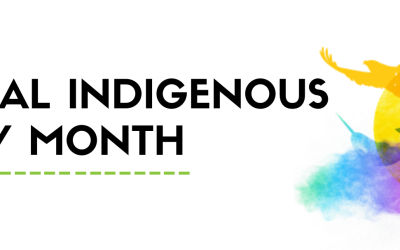While many have conflicting interpretations of what exactly is going on in Egypt right now (or Tunisia as well), it is clear satisfaction or tolerance with the status quo has been depleted.
What is not clear is the future. Whether this will mean a new military-controlled government takes over from the last is anyone’s guess.
The protests, however, had me thinking about some issues related to First Nation governance here in Canada. The parallels are not perfect obviously. There are no violent uprisings or aggressive responses from the state. However, there is definitely a dissatisfaction with governance on many Native communities. Many view band governments as illegitimate. Most are not happy with the Indian Act and the system that places them under federal control (or at least they say they aren’t happy).
First Nations in Canada have had their share of sit-ins, band office occupations, marches… A recent examples is Bearspaw First Nation in Alberta. In this case, band members staged a blockade when the sitting chief cancelled elections and extended his term.
A second example is Barriere Lake First Nation in Quebec. This community rejects any Indian Act governance and staged demonstrations to show their displeasure.
Part of the equation in the Middle East is an educated, mobilized, often younger, middle class. Some regional observers even believe this educated middle class is responsible for pushing back religious extremism.
In the First Nation case, it is clear a younger, more educated populace is leading calls for reform. Part of the problem in Indian Country is undeveloped civil society. There is chief and council, the administration, a very small business class, and everyone else. Perhaps the encouragement, through education, of a stronger middle class, especially from the private sector, will encourage First Nations to develop into mature, accountable, well-governed structures.
Absent the violence, perhaps this stronger business middle class will lead in protests on First Nations that lead to the reforms that are needed.


